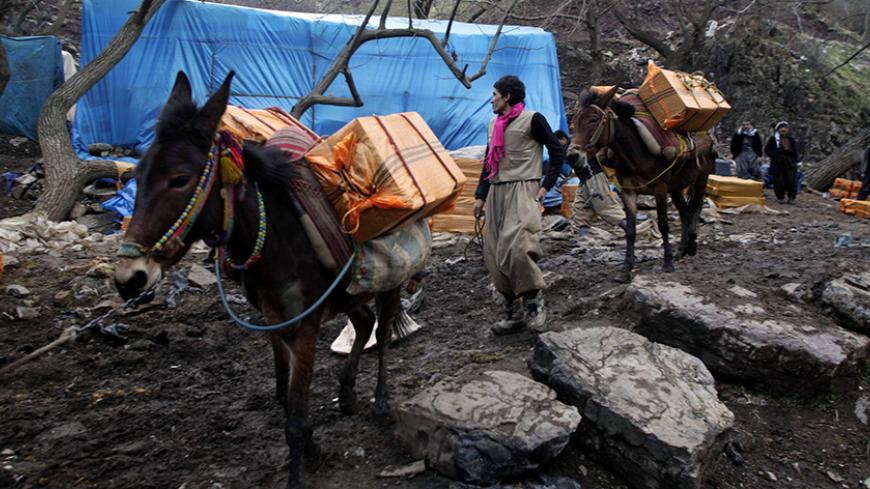Some European powers’ “no wine, no dine” policies have made headlines once more — this time over the cancellation of a formal meal gathering the French and Iranian presidents at the Elysée Palace. France’s refusal to provide the Iranian delegation with a halal meal, of which alcohol abstention is an inseparable part, is not unprecedented. Former Iranian President Mohammad Khatami’s state banquet with King Juan Carlos of Spain in 2002 was nixed over Spanish disagreement with a wine-free meal.
The problem stems from how wine is a defining symbol for both cultures: While champagne is a symbol of French culture and the country is the world’s biggest producer of wine by value, abstention from alcohol is considered one of the key defining markers of Muslim identity — particularly in the 21st century. This symbolism has been a central part of Iran’s campaign to promote its image as a country ruled by an Islamic government. Within its borders, however, the meaning of drinking is undergoing a metamorphosis.



